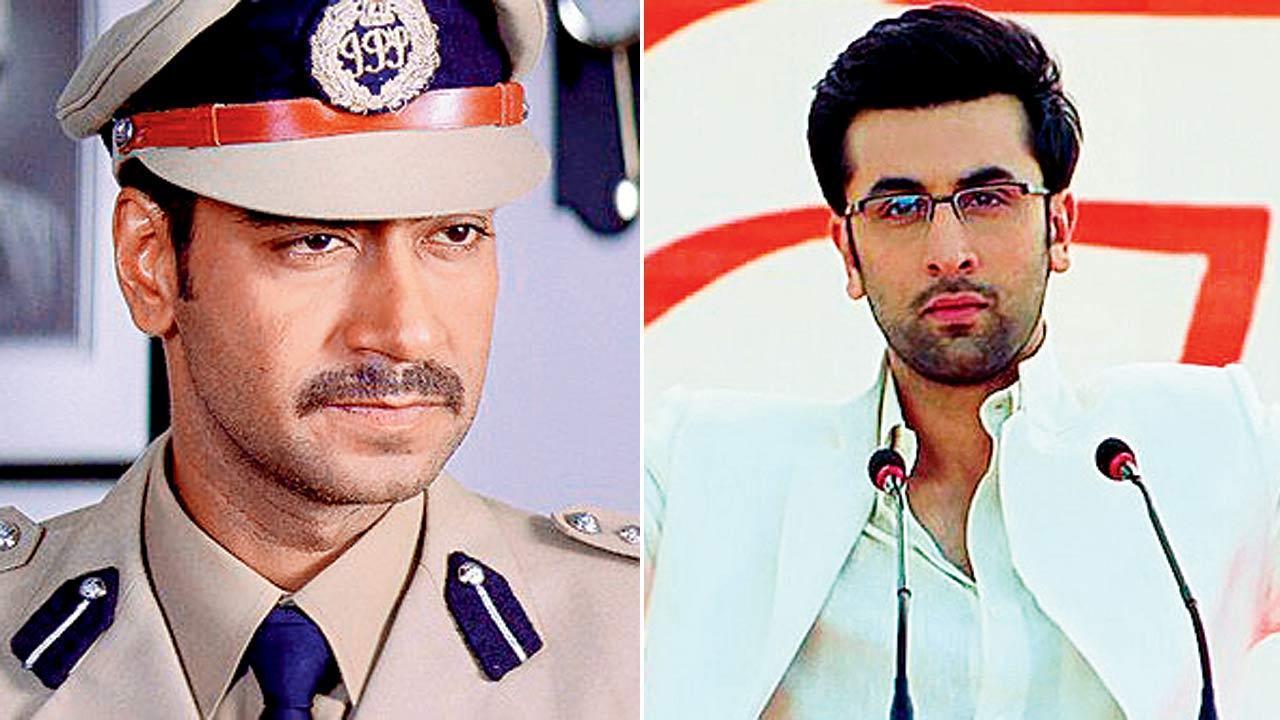
Sunidhi Chauhan, one of the most adored and celebrated voices in the music industry, has pulled back the curtain on some of the darker aspects of the business. As a fixture in the industry for many years, Chauhan has intimate knowledge of its inner workings. In a revealing conversation, she discussed the influence of music mafias, prevalent malpractices, and offered her perspective on what she would like to change.
In a recent episode of Raj Shamani’s podcast, the melody queen did not shy away from sharing her candid thoughts. Sunidhi highlighted the inescapable nature of lobbying within the industry, stating, “When you reach a certain stature, they have to pay you, because you can say, ‘I will sing when you pay me.’ But when you want to sing first and are not concerned about money, then it is a choice, and you cannot blame anyone for not getting paid.”
The singer elaborated on her personal experiences of not receiving payment for numerous projects. “I have not got money for many movies even today,” Sunidhi shared candidly. She explained that it’s not always the case that producers or directors refuse to pay her. “They ask, and I choose not to take it because I feel I don’t want to take this amount for this song. When I realize I want to help without making them realize… then I would say my price, I would sing it, and say I don’t want it because you don’t want to hurt anybody’s ego,” she elaborated.
Chauhan’s revelations serve as a glimpse into an industry embroiled in complex and often frustrating dynamics. She discussed how sometimes creators decide to change a singer on a particular song, and while there is nothing inherently wrong with this, she believes that at the very least, the singer should be informed. “It is totally a creator’s call to change a singer, but at least the singer should be informed,” Sunidhi asserted. According to her, transparency and communication are critical as it reflects respect and professionalism.
.
She further disclosed that in today’s industry, songs are often created first, and only later do the creators decide which one will fit best in a particular film. This shift has altered the creative landscape, making the process somewhat more transactional and less personal.
Through her illustrious career, Sunidhi Chauhan has given Bollywood some of its most memorable tracks such as ‘Aisa Champion Kahan,’ ‘Meri Payal Bole,’ ‘Hum To Mohabbat Karega,’ ‘Do Pyaar Karne Wale,’ ‘Aiyo Aiyo Rama,’ ‘Bumbro,’ ‘Ta Thaiya Ta Thaiya,’ ‘Mujhko Neend Aa Rahi Hai,’ ‘Haan Mera Deewaanapan,’ ‘Say Shava Shava,’ ‘Tujhe Dekha Jabse,’ ‘Khullam Khulla Pyar,’ ‘Aa Bhi Ja,’ ‘Skubi Dubi Du,’ and ‘Nasha Nasha,’ among many others. Her contributions have earned her a special place in the hearts of music lovers.
Despite her success, Chauhan’s account sheds light on the financial and moral compromises artists often face. Her decision to forgo payment at times indicates her desire to support projects without hurting egos or diminishing her own artistic integrity. This aspect of her personality underscores the dual role she balances – being a consummate artist and a compassionate collaborator.
Sunidhi’s voice on such issues brings attention to the often unseen and unspoken reality within the entertainment world. Her willingness to talk about these topics openly is a step toward a more honest dialogue about the state of the industry and the necessary reforms. This discussion invites fans and fellow artists alike to hold a mirror to their practices and consider more equitable and transparent ways of working.
As much as her melodious voice continues to enchant audiences globally, Sunidhi Chauhan’s insights reveal another side of her persona, marked by a deep understanding of the complexities and imperfections of the music industry. Her narrative not only further endears her to her fans but also serves as a reminder of the tenacity and resilience that lies behind every note she sings.
In sharing her experiences and thoughts, Sunidhi is not just voicing personal sentiments but also speaking for many who face similar predicaments. Her candidness is a call to action, pushing for an industry that values transparency, respect, and fair practice. Moving forward, one can hope that these discussions lead to meaningful changes that will benefit artists and creators alike, making the music industry a more just and rewarding field for all.










